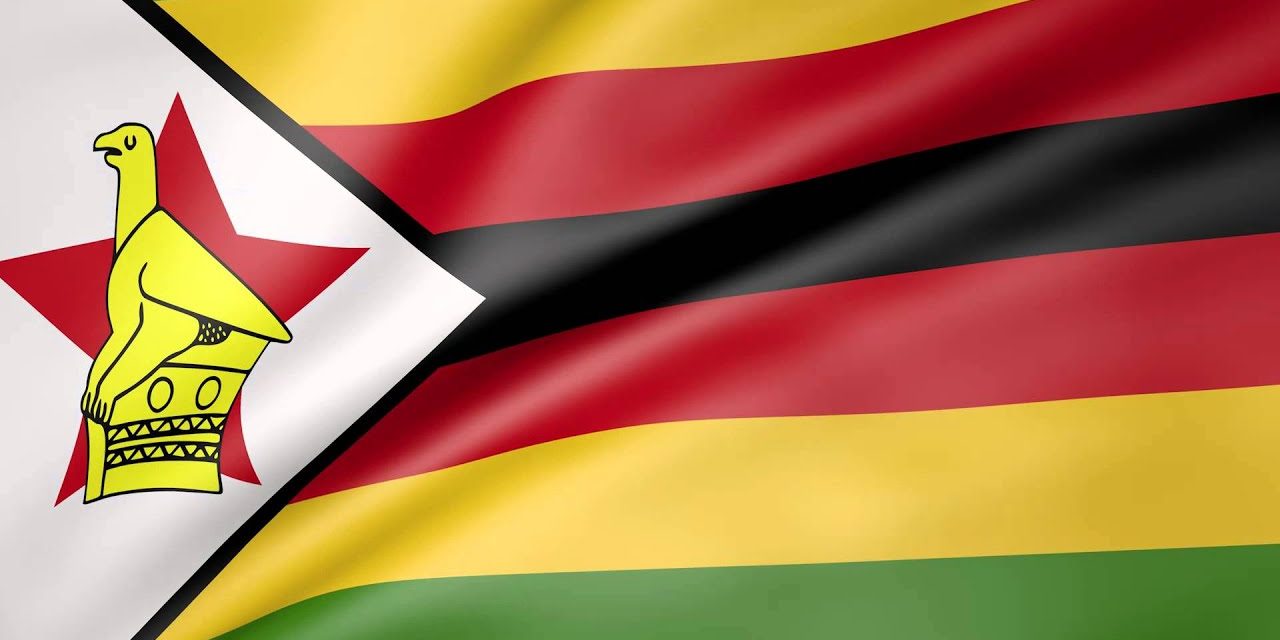A lot has been happening in Zimbabwe since the beginning of the year. The biggest shift has been brought about by the COVID-19 pandemic. That has been the biggest scourge to hit the nation since the year started. Zimbabwe is literally an informal economy i.e. the majority earn their incomes from the informal sector. When lockdown restrictions took root it was these informal traders that were hardest hit. Things are gradually getting somewhat back to normal now. President E.D. Mnangagwa even posted on his Facebook page recently, saying borders would be opened beginning the 1st of December. In this article, I am going to highlight some noteworthy details regarding the current Zimbabwean situation.
COVID-19 Update
As at Sunday the 25th of October, the number of confirmed COVID-19 cases was 8276. Recorded deaths were at 237 whereas recoveries were 7797 in total. These totals cover a period spanning from April 1st. Between the end of July till this month there has been a significant decrease in the number of confirmed cases. However, between the 4th and 10th of October that was a bit of a surge in the number of confirmed cases. That week saw confirmed cases spiking to 125 cases (yet the previous week had seen 82 confirmed cases). These confirmed cases were recorded in Harare and Bulawayo.
There are still a lot of issues regarding the pandemic that still need to be worked on. We are looking at things like preparedness, implementation of recommendations, monitoring and evaluation, essential health services, health personnel occupational health and safety, emergency preparedness plans, surveillance, supplies, and logistics. I believe the pandemic has served as a wake-up call for future purposes. There is a need to always have all those areas well-constituted. This is even more important when you consider that there is speculation on the possibility of a second wave of the COVID-19 pandemic. I do not wish to delve more into this highly controversial matter but my point is that the government must work on being better prepared.
Zimbabwean Migrant Returnees
By the 20th of October, 24046 migrants had returned into the country. These returnees came in through the Beitbridge border post, the Plumtree airport and the R.G. International airport. Initially, every returnee had to be subjected to a mandatory week-long quarantine upon return. However, that has since changed since returnees are now required to produce COVID-19 test certificates. This has resulted in a sharp decline in quarantine and isolation centres occupancy.
Food Situation
The food situation is quite dire with very disturbing projections being reported. It is estimated that around 5.5 million Zimbabweans will not have guaranteed access to cereals during the first 3 months of 2021. The majority of those people are rural folk – approximately 56 per cent. Overall, 4.3 million Zimbabweans are said to be facing serious food insecurities. There are 3 main reasons responsible for this name, lockdown restrictions, economic hurdles, and drought.
The Need For Humanitarian Aid
Access to food and healthcare is proving a nightmare for most Zimbabweans. The ailing economy has made it difficult for people to afford necessities. Most families are even failing to afford to send their kids to school – around 1.2 million children are struggling to go to school in Zimbabwe. Plus on the humanitarian side, there are also over 21000 refugees or people seeking asylum in Zimbabwe. These people also need lots of assistance regarding their overall wellbeing and security.
Health Situation
Well over 4 million Zimbabweans are reported to be struggling to access basic healthcare. This is worsened by the fact that drought has made access to clean water very challenging. This has led to sanitation and hygiene-related issues that have in turn led to poor health and disease outbreaks. Roughly 3.7 million people are actually at a huge risk of getting infected by communicable diseases. Inflation and paltry incomes have also made it difficult for people to afford medication.
These are some of the things to take note of as we journey forward as a nation. Indeed the pandemic has been the biggest blow this year but lessons have to be drawn. I also believe that the pandemic, through horrendous, has created a platform for numerous opportunities. It should be our collective resolve as a nation to seek out those opportunities and build on them towards a better future.








